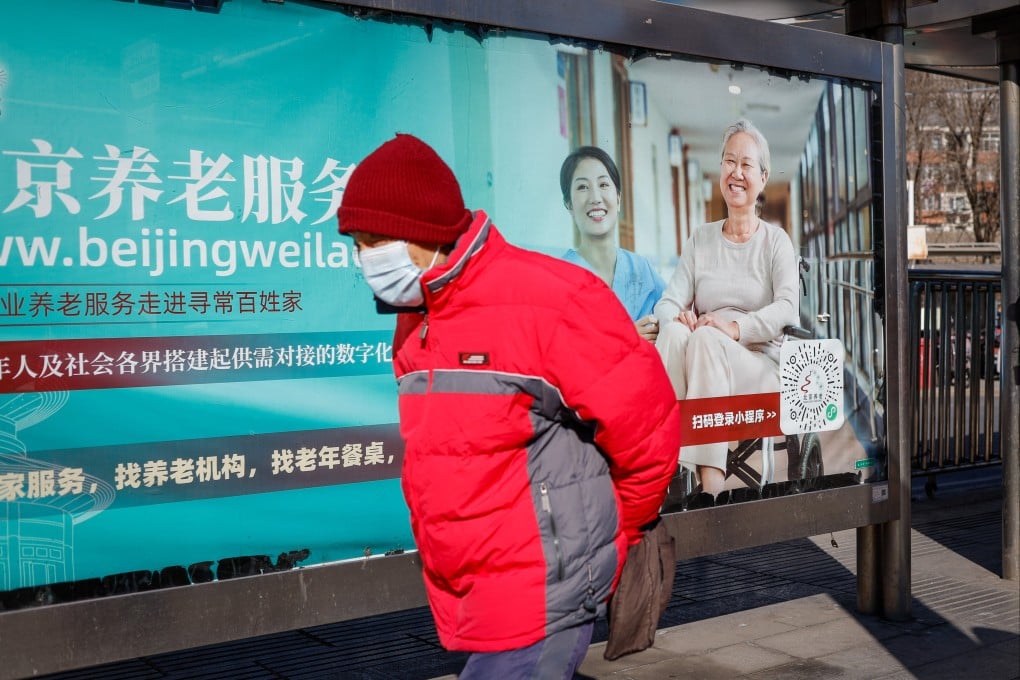Advertisement
The View | Ageing China must plug urban-rural gap for a dignified old age for all
- From pensions to medical care, China’s rural-urban divide must be urgently addressed. Or just about everyone outside the rich middle class will be left out of the silver economy
Reading Time:4 minutes
Why you can trust SCMP

As the Lunar New Year approaches, China’s senior citizens, grateful to have survived the vicissitudes of Covid-19, will look forward to seeing their children. For many, the traditional hopes of seeing them get married and produce grandchildren may be disappointed again this year, as marriage and birth rates plummet.
Advertisement
China saw half as many babies born last year as in 2016. Traditional values are no match for the increasing pressures of modern life. Despite being widely seen as the most Confucian society in the world, South Korea has the lowest fertility rate – with China not too far behind, at an estimated fertility rate of close to 1 last year.
Addressing the needs of a growing population of senior citizens with a diminishing workforce presents China with a challenging but surmountable balancing act.
The Lunar New Year festival is the traditional occasion for family reunions. In China, perhaps no different from elsewhere, the lot of every senior person can vary widely. For those in the rural areas, it can be the one time of the year when they see their children who normally toil in urban centres far away.
Those in cities such as Shanghai are more likely to be able to see their children all the time – provided they are not too busy with work, have taken up assignments elsewhere or migrated overseas. Many urban families – sometimes comprising three generations – may even make use of the holiday to travel. This fortunate group includes those whose children have made good in the cities and arranged for their parents to leave their rural homes to live with them.
Advertisement
Retirees in the big cities, particularly those who worked in the government or state-owned enterprises, usually receive decent pensions. Not so for rural folk, many of whom still depend on subsistence farming. The urban-rural pension gap must be narrowed – although, realistically, not closed as most urban folks do not have the benefit of land resources.

Advertisement
